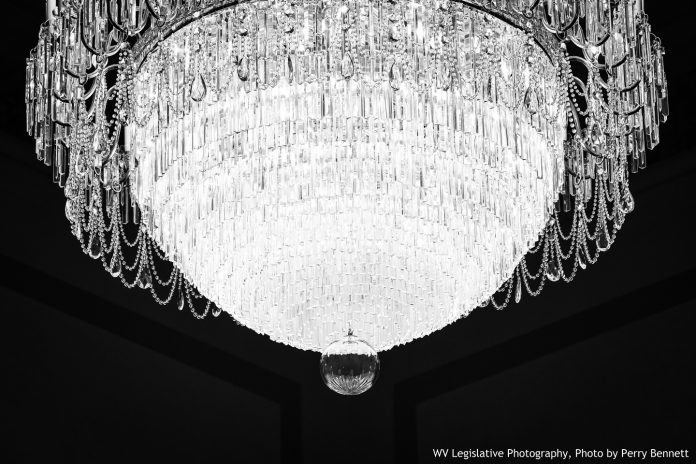
Representatives gather every January under the state’s Capitol dome in Charleston to take part in West Virginia’s democratic process; each individual earning his or her respective seat by a margin of victory through an election by the people. A glance at the members of the West Virginia Legislature returns no striking observation, but upon closer examination, that collective body is a reflection of the diverse citizenry it is sent to represent.
A vibrant picture of West Virginia’s residents is reflected through the analysis of the professions pursued by members of the Legislature. Being a legislator is more than attending legislative sessions and voting on proposed laws. State legislators spend large amounts of time assisting constituents, studying state issues during the interim and campaigning for elections, but West Virginia’s Legislature is considered a part-time citizen Legislature, since the members hold jobs outside politics throughout the year.
This type of citizen Legislature is traditionally found in more rural states with smaller populations, such as Vermont and Kansas. The legislators found most commonly in this year’s session are attorneys and businessmen and women. Eighteen members are retired, from such various fields as nursing, education, business ownership and broadcasting and 12 members are current educators. Three members claim farming as their business along with three bankers. There are members who are pharmacists, physicians, professional drivers and public relations specialists.
Most religions are represented through this Legislature as well. Forty members are Methodist, 26 Catholic, 14 Protestant and 13 are Presbyterian. There are members who are also Jewish, Mennonite, Wesleyan, Serbian Orthodox and members of the Church of Jesus Christ of Latter Day Saints.
A 2003 U.S. Census Bureau estimate of West Virginia’s population is 1,810,354. At 134 members, the Legislature represents a tiny faction, but is very representative through the convergence of each member’s individuality. Only 3.2 percent of West Virginia’s population in 2000 consisted of African American persons and 14.8 percent of West Virginians held a Bachelor’s Degree or higher; two members of the Legislature in 2005 are African American and 121 of the 134 members hold a Bachelor’s Degree or higher, by comparison. Of those members, 32 received that degree from an institution outside the state.
Membership in various organizations is also represented through the members of the WV Legislature, including 24 members of the National Rifle Association and 35 members who served in the U.S. Military. Eleven members are also Masons, and many members belong to the Lions Club, Moose Club, and Veterans of Foreign Wars.
Members of the Senate often get a start by serving in the House of Delegates first. Fourteen of the current 34 Senators were Delegates first, and an interest in politics could have been cultivated even earlier for the six members of the Legislature who had a parent or grandparent in the Legislature. Eighteen members were appointed to a position in the Legislature at some time and 25 of the current membership were born outside of West Virginia.
No population would be complete without interesting quirks and the Legislative members are no different. Some member belong to the Harley Owners Association, are former WVU Football stand outs, Herndon Interns, delegates to the Peoples Republic of China, Hunter’s Safety Class instructors, Civil Air Patrol members, Knights of Columbus, horse trainers, Amateur Radio Club members, volunteer fire fighters, lay preachers and sons and daughters of the American Revolution.
Each member relocates for 60 days out of the year to participate in the very public service of serving in the Legislature. Members leave homes, families, jobs and other lives; the true definition of a citizen legislature. Each individual’s experience and perspective is brought to the bargaining table as an ensemble which wholly represents the population who have elected these citizens to make the best decisions for the state.

